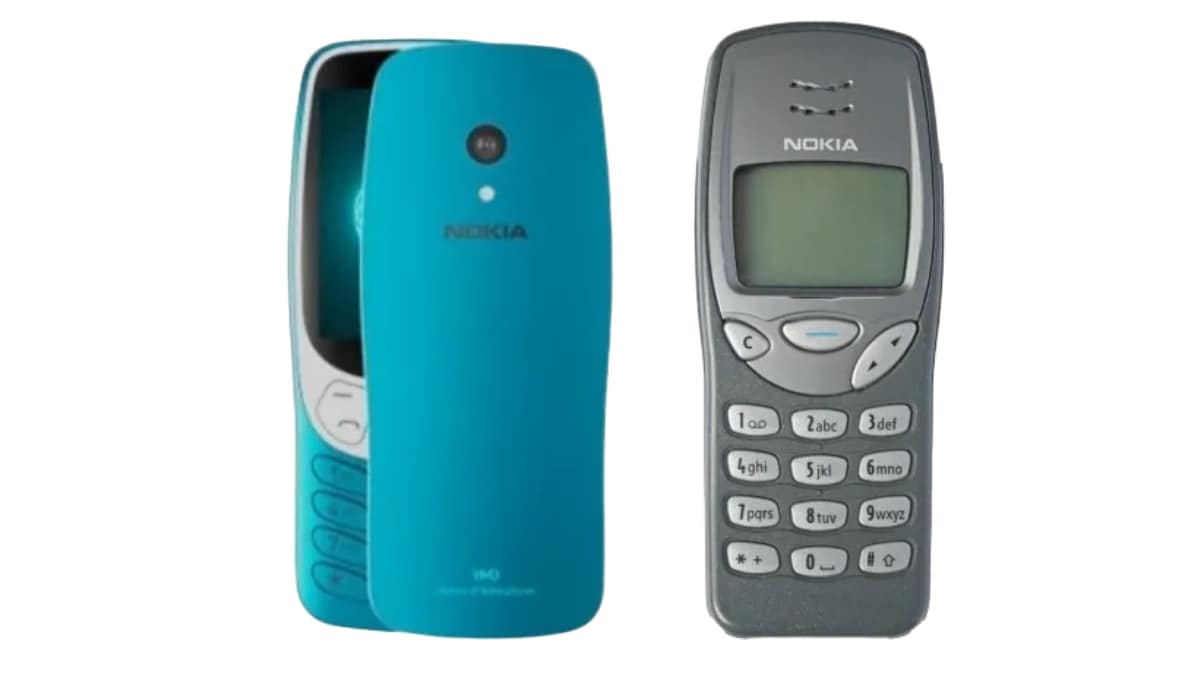Due to the discovery of multiple vulnerabilities in Microsoft products, India’s Computer Emergency Response Team (CERT-In) has issued a high-risk warning for various Microsoft services. The vulnerabilities affect a range of Microsoft software, including Windows, Office, developer tools, Azure services, Bing, System Center, Dynamics and Exchange Server.
CERT-In alerts Microsoft users
According to CERT-In, these vulnerabilities could allow an attacker to gain elevated privileges, obtain information disclosure, bypass security restrictions, conduct remote code execution attacks, conduct spoofing attacks, or cause a denial of service condition. Essentially, these vulnerabilities could allow hackers to gain significant control over affected systems or leak sensitive information.
Specifically, CERT-In has identified affected Windows operating system versions, including various versions of Windows 10 and 11, that contain vulnerabilities that could allow an attacker to take control of the device or remotely access and steal information.
CERT-In found that one factor contributing to these vulnerabilities was a flaw in the SmartScreen feature designed to protect against malware. Instead of protecting the device, this vulnerability may allow malware to penetrate the system, providing attackers with an opportunity to exploit security vulnerabilities.
Update all Microsoft services now
To mitigate the risk posed by these vulnerabilities, users are advised to ensure that their devices are regularly updated with the latest security patches and updates. These updates are critical to patch vulnerabilities and address any security vulnerabilities that exist in the software or products you use.
Taken together, CERT-In’s warning emphasizes the importance of remaining vigilant and proactive against cybersecurity threats by maintaining up-to-date software and adhering to recommended security practices.
Recently, the government issued a warning reminding citizens to be careful when using public phone charging stations in airports, cafes, hotels, bus stations and other places. The advice comes amid growing concerns about “USB charger scams”, a tactic used by cybercriminals to take advantage of unsuspecting individuals who rely on these charging stations while on the move.
USB charger scams take advantage of the trust of individuals who rely on public charging ports, creating significant risks. Cybercriminals use a tactic called “juicejacking” to compromise these ports and launch attacks on connected devices.
Follow us on Google news ,Twitter , and Join Whatsapp Group of thelocalreport.in
















